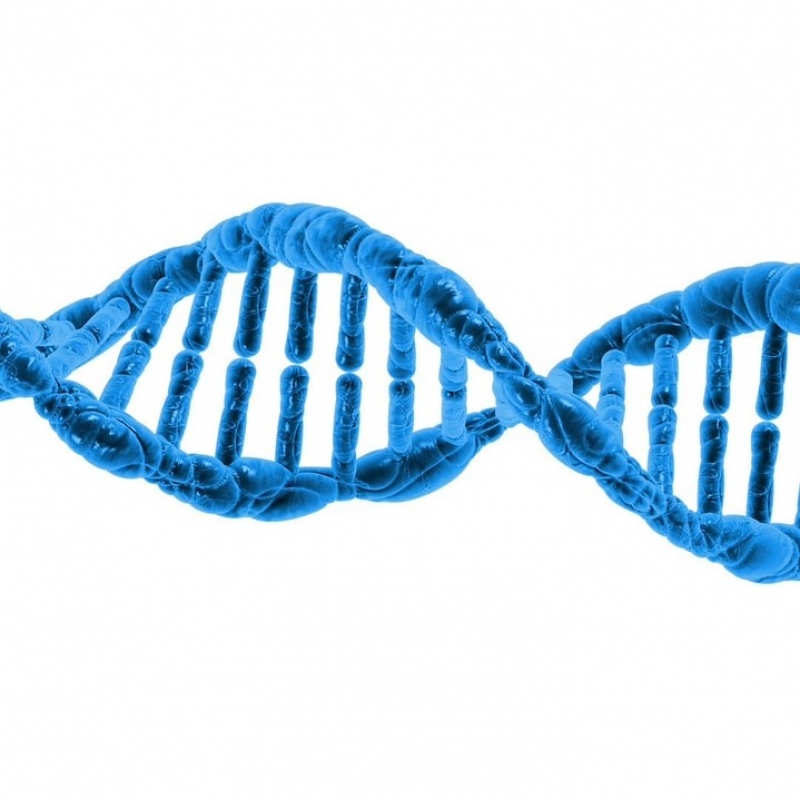Many research is done to try to optimize and find new ways of treating cancer patients.
A study conducted at Harvard Medical University, in the US, reached important results for patients with metastatic, triple negative breast cancer. The theoretical results are quite encouraging, as it increases the survival of patients from months to years.
This study is being led by MD. Romualdo Barroso, a Brazilian researcher at the Dana-Farber Cancer Institute and MD. Sara Tolaney, a north-American researcher.
What is triple negative?
Talking about triple negative breast cancer means that the tumor does not have any of the three most recurrent biomarkers in breast cancer. They are: estrogen receptor, progesterone receptor and HER-2 protein.
For tumors that have these biomarkers, there is already specific treatment. However, for the negative triple, it does not yet exist. Despite being less recurrent, triple negative is usually more aggressive and may result in a shorter survival of patients.
Discovers
The research conducted by Dr. Barroso and Dr. Tolaney, sought to individualize the treatment of patients. They analyzed the genetic sequencing of 4,000 biopsies of breast cancer patients and identified those that had hypermutations when the tumor has more than one mutation.
The idea is to use immunotherapy, which has not been proven effective for breast cancer patients, for the individualized treatment of these patients.
According to the mapping performed by the researchers, only 3% of the patients presented hypermutation. Dr. Barroso says that the goal of precision medicine is exactly that, to identify small segments and find new solutions and treatments. Despite being a small part of the population, they can benefit greatly from a new treatment protocol.
Next steps
Although the studies have demonstrated expressive theoretical results, increasing the survival of the patients from months to years, we must validate the hypotheses in practice. Therefore, a period for clinical research will begin in 2019.
Thirty patients will be recruited to receive immunotherapy and be accompanied at the Sírio Libanês Hospital in Brasília. Results are expected in 3 years.
If validated, this treatment represents a breach of breast cancer protocol and a great hope for patients.

